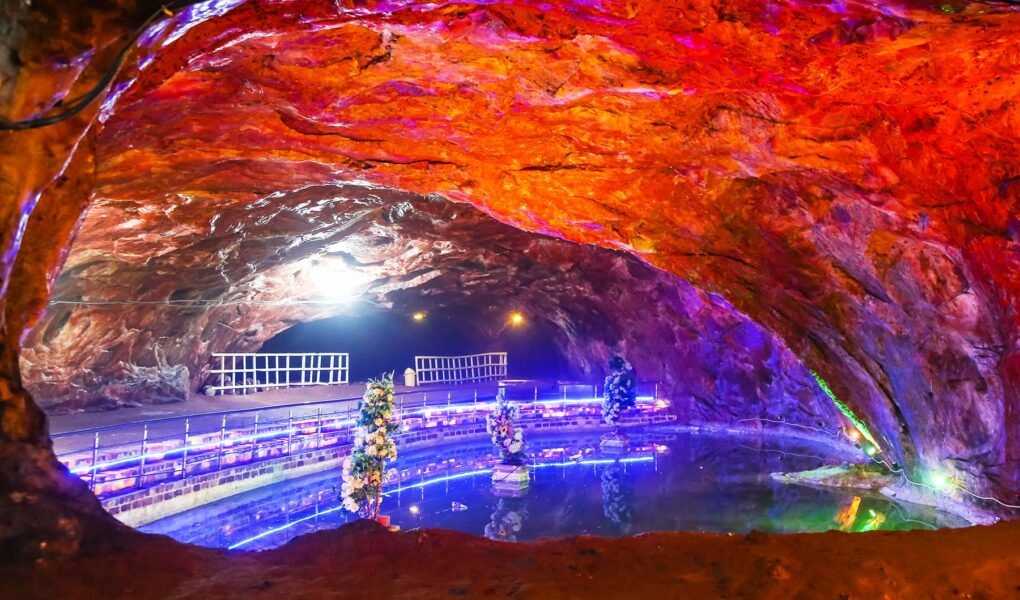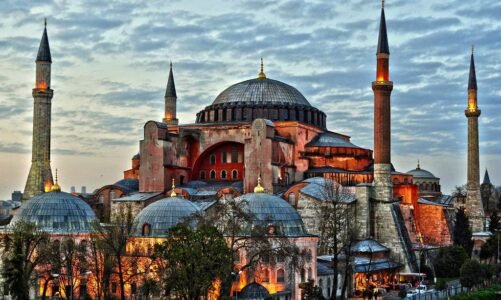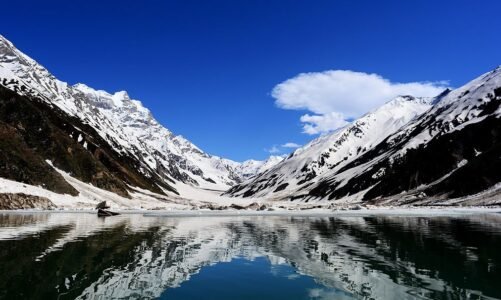Khewra/ Khewara Salt Mine (also known as the Mayo Salt Mine) is located in Tehsil Pind Dadan Khan of Jhelum in northern Punjab. It is Pakistan’s biggest and world’s second largest salt mine in the world.
So, let’s explore it!
The mine is located in the Salt Range – a long linear feature of high escarpments, jagged peaks, rolling hills, and barren ravines.
The Salt Range rises abruptly from the Punjab plains west of the River Jhelum and ends just as abruptly on the Indus River, one hundred and eighty kilometers to the west.

Khewra/ Khewara is Pakistan’s largest mine and the world’s second largest mine. It is also a popular tourist destination, with up to 250,000 tourists each year.

Khewara salt, commonly known as “Himalayan salt,” comes in red, pink, off-white, or colorless varieties. Its history goes back to 320 BC when it was discovered by troops of Alexander III of Macedon “The Great”.

In fact, Alexander’s horse deserves all of the credit for locating the salt in Khewara.

This is because his horse and the horses of his soldiers began licking the stones on the ground when his army came to a halt at Khewra. The salty flavor was found by a brave soldier who tried it himself.

The mine is located within the Salt Range, which dates back 800 million years. The reserves in the mines are estimated to be between 82 million and 600 million tons.

The Khewra/ Khewara mine produced around 28,000 to 30,000 tonnes of rock salt per year in the early years of British administration; it progressively expanded and today produces close to 400,000 tonnes of 99 percent pure halite per year, accounting for over half of Pakistan’s entire output.

The mine is 748 feet deep and has 11 storeys, with tunnels running nearly half a mile into the mountain. Only half of what is mined is taken; the other half is utilized as support columns in the massive mine.



